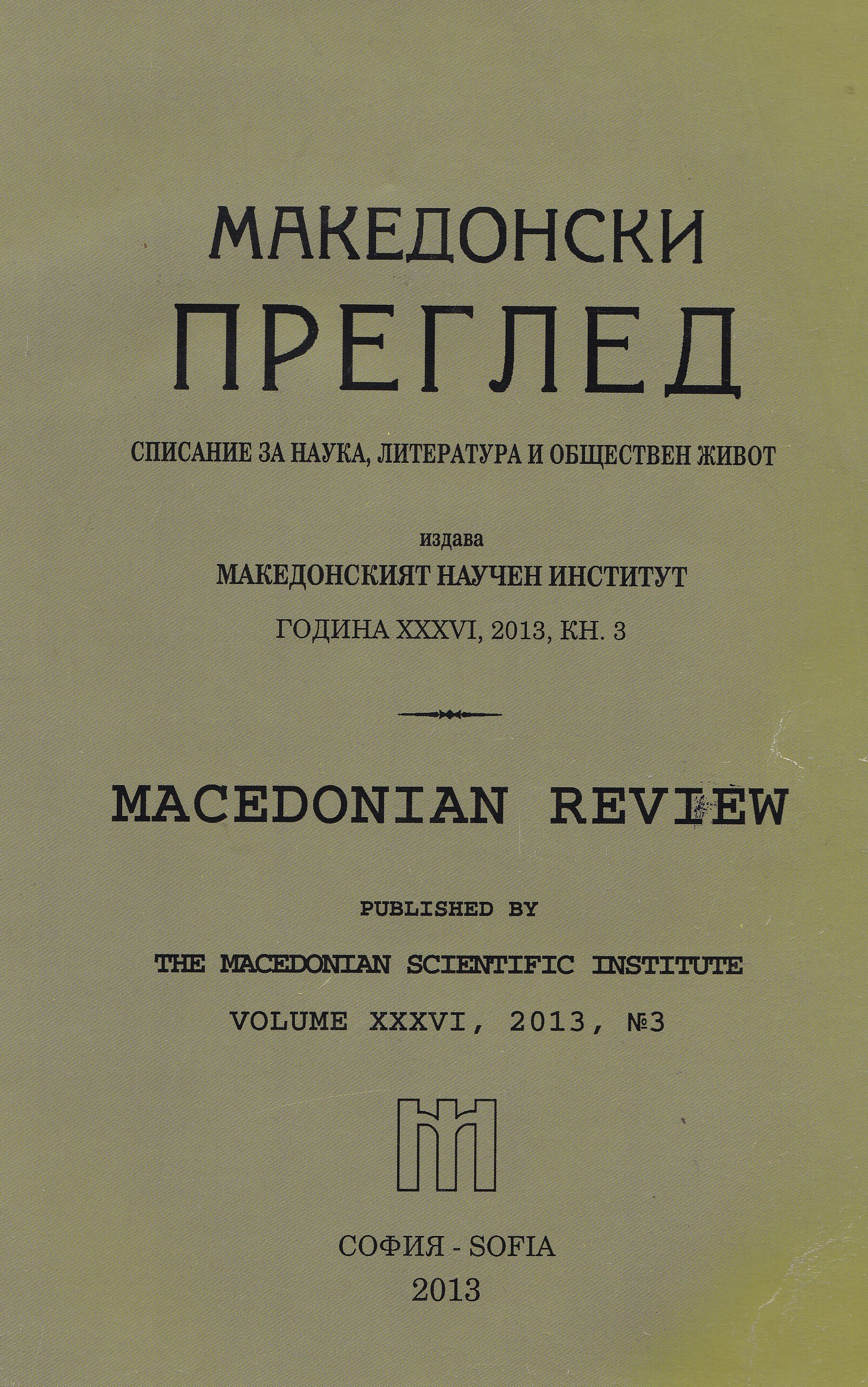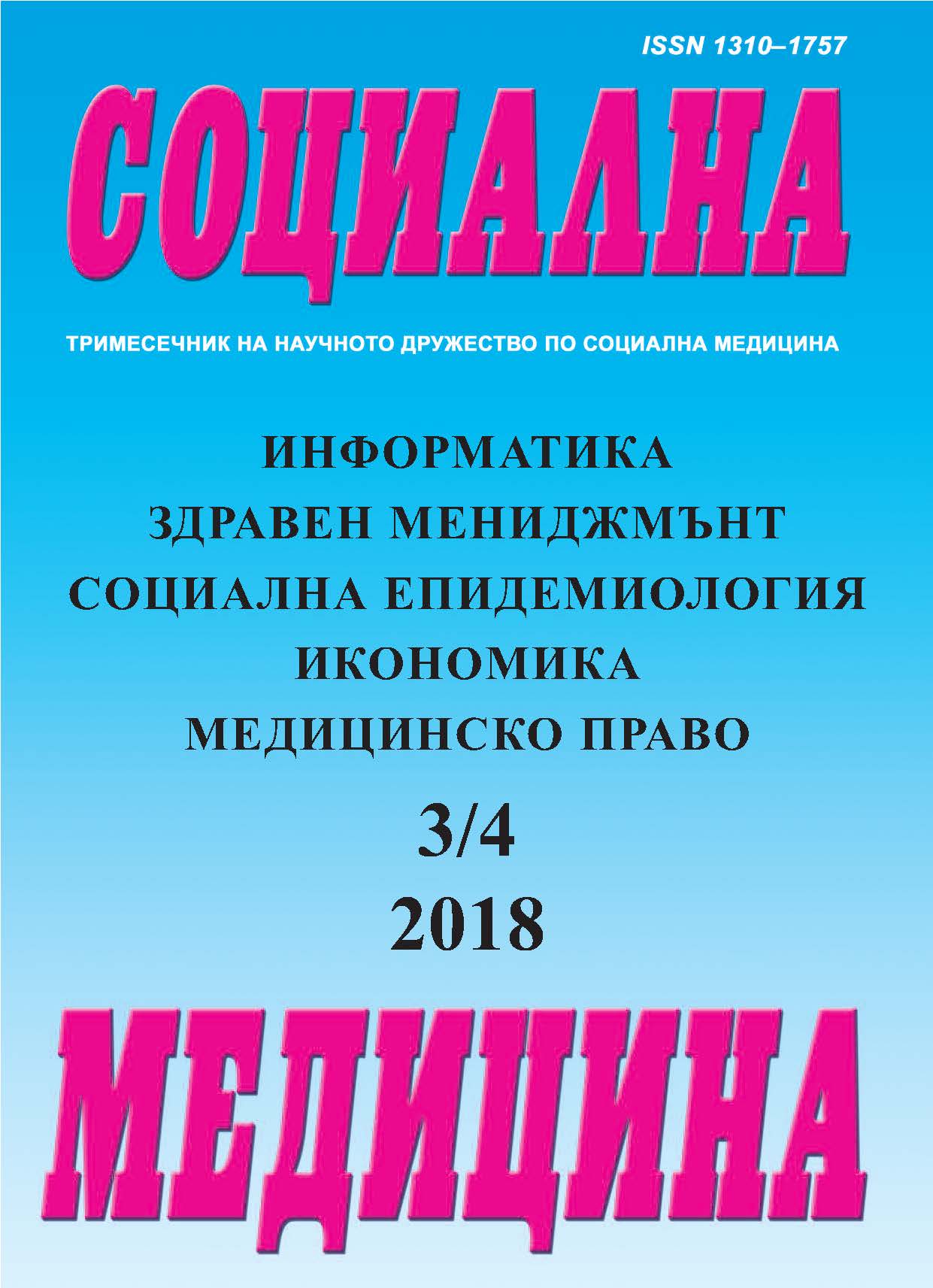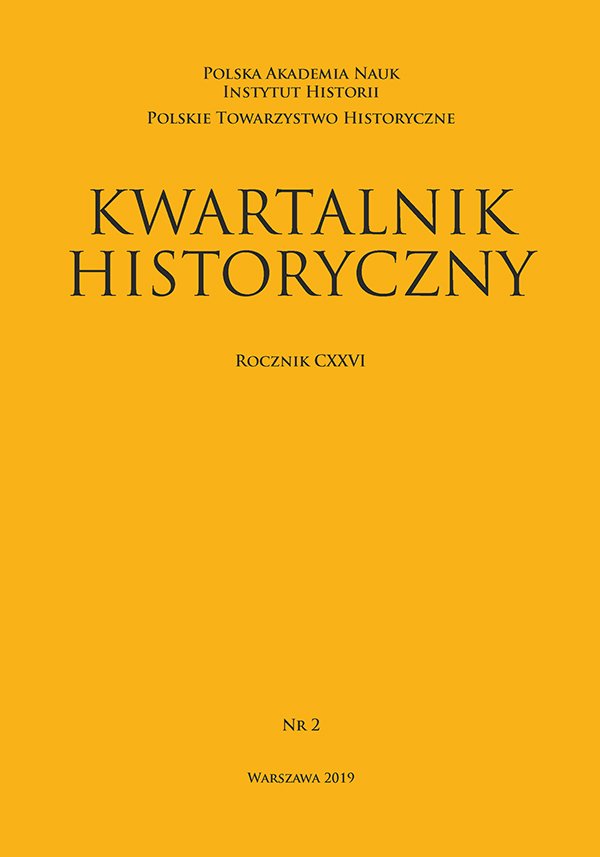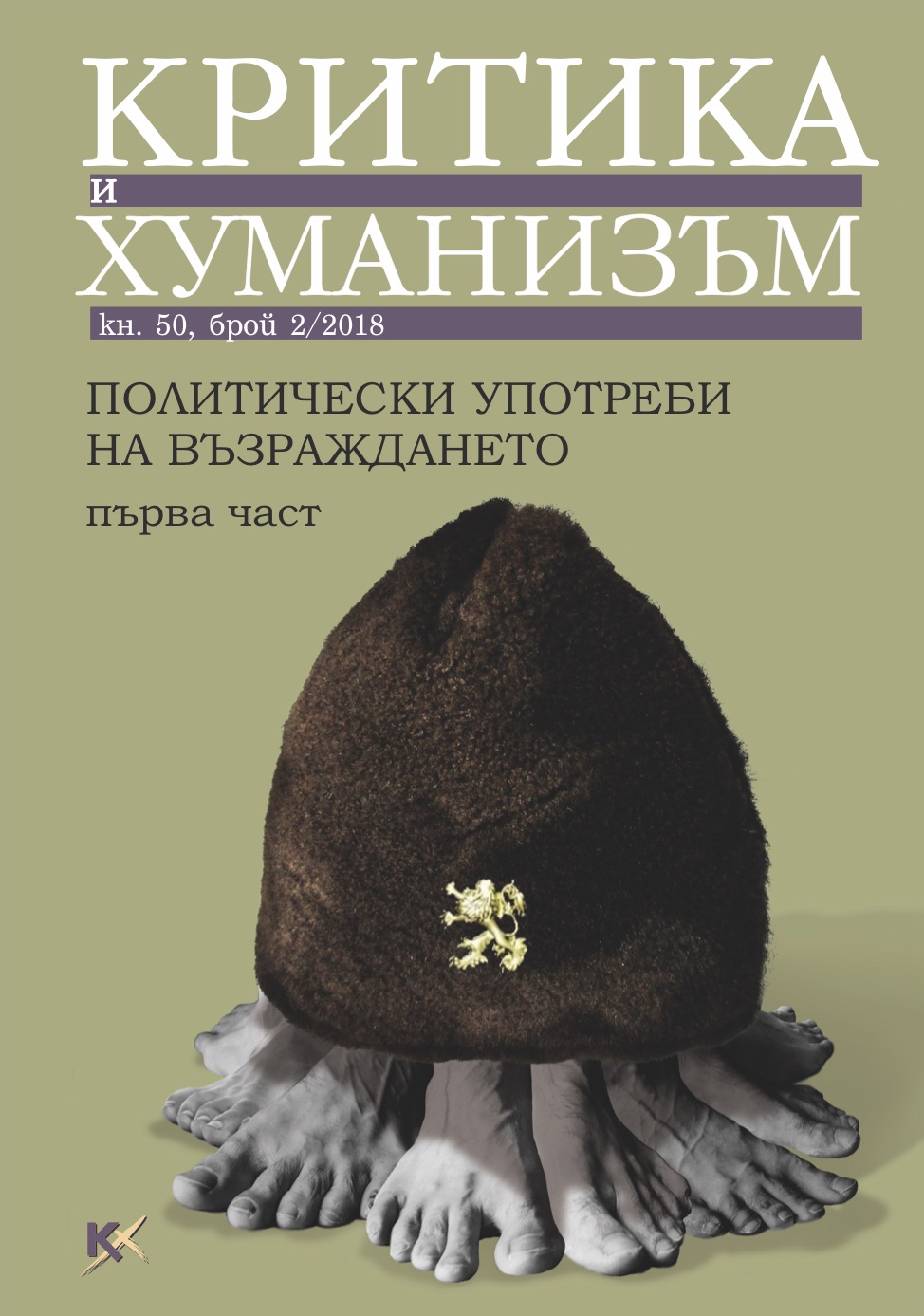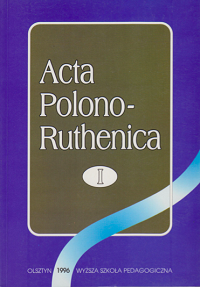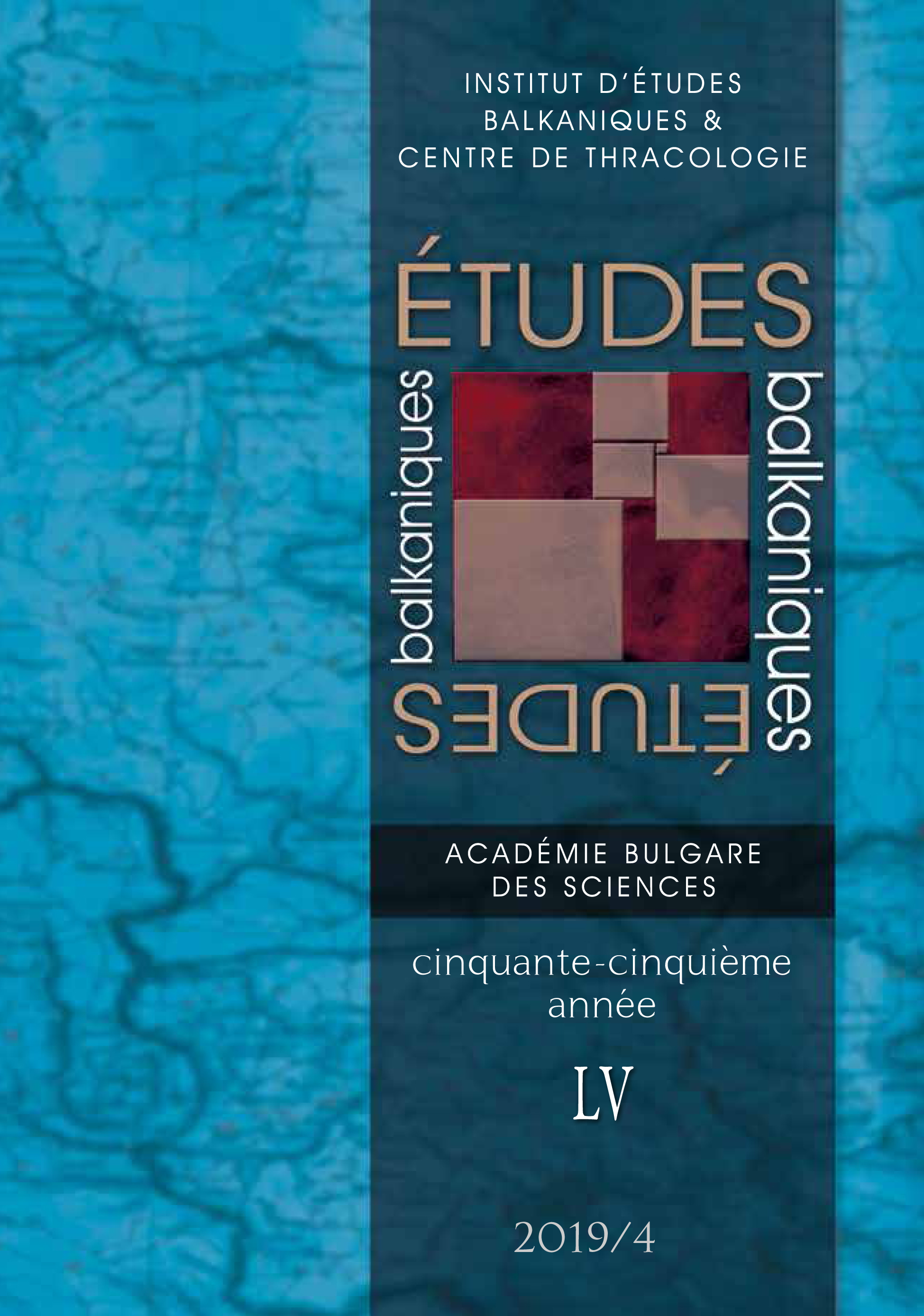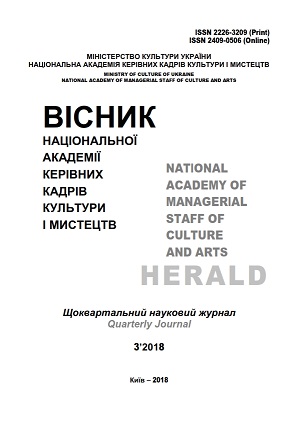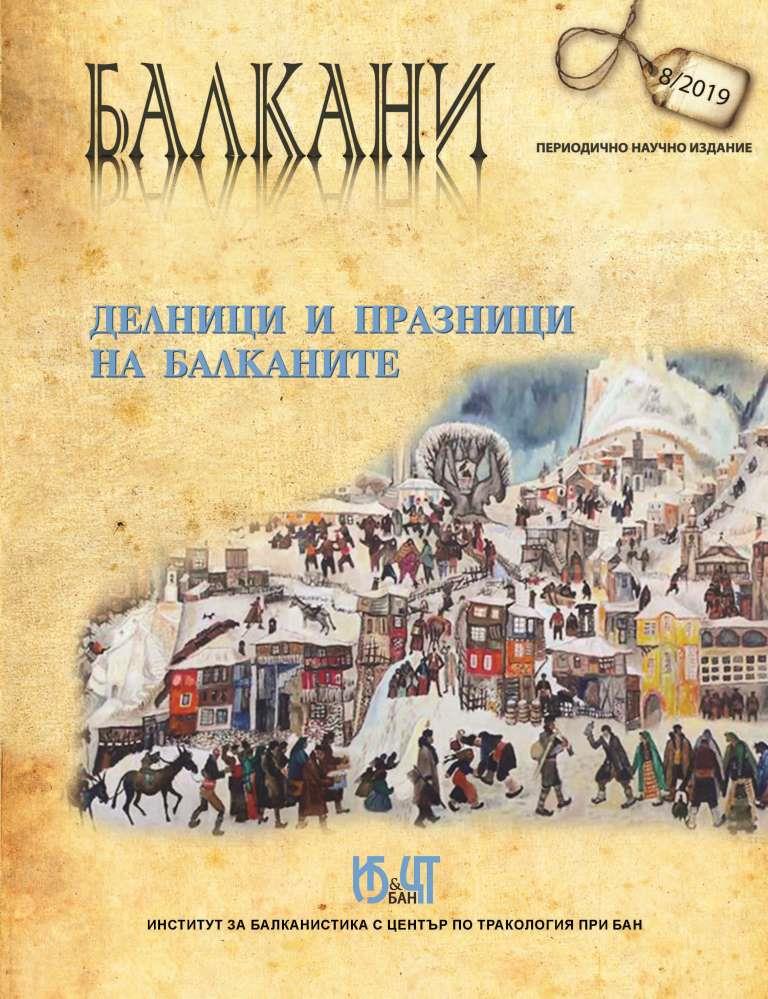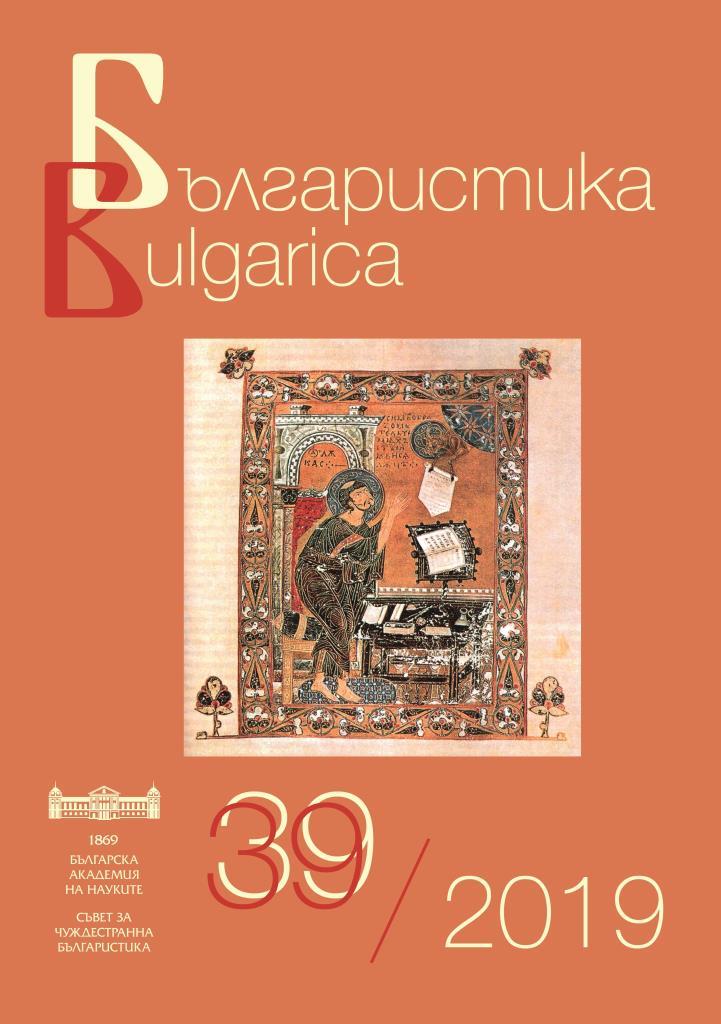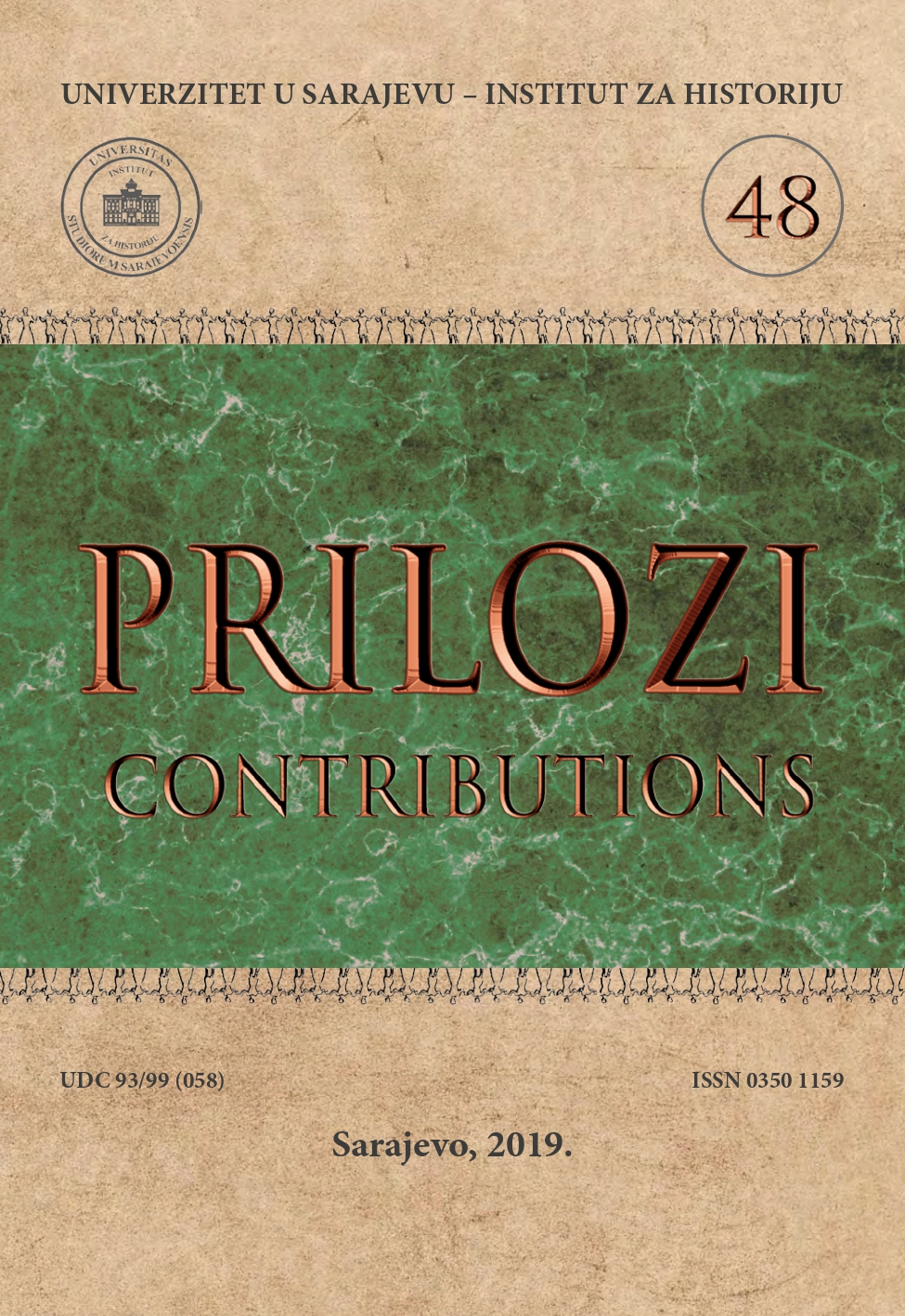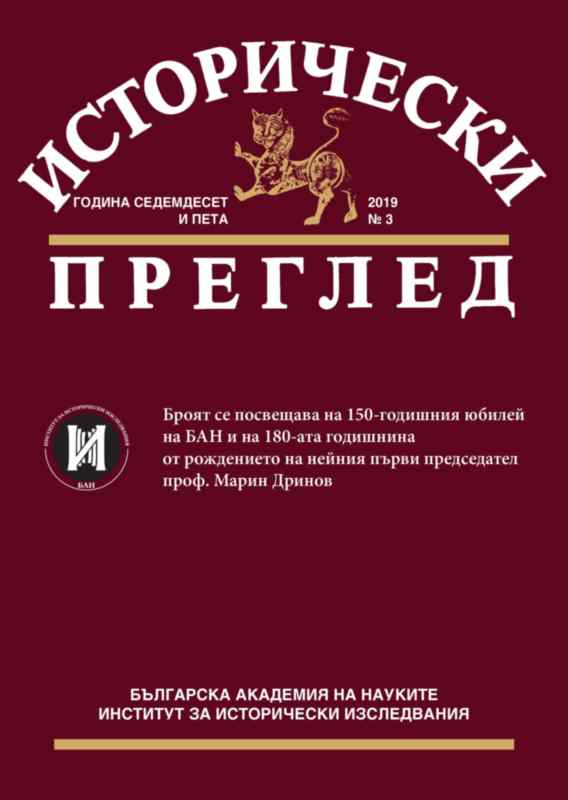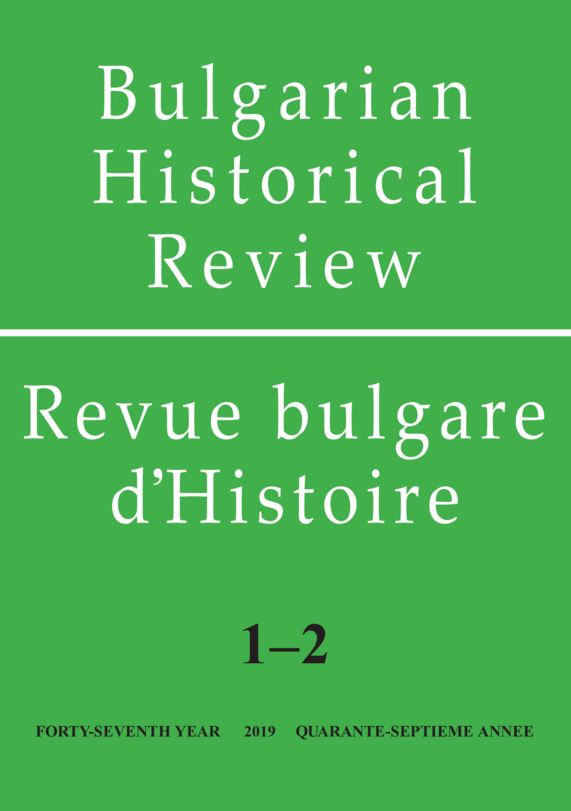Author(s): Seka Brkljača / Language(s): Bosnian
Issue: 48/2019
From their settlement in the sixteenth to the mid-twentieth century, the social life of Jews in Sarajevo, as in the rest of Bosnia, Bosnia and Herzegovina, was not marked by particularly great and important events, noticeably prominent and well-known personalities, nor significant rebellions, battles and social movements, famous leaders or rebels, nor did it cause important diplomatic interest or actions like some other points or processes of Bosnian and Herzegovinian history. Nevertheless, the settled local urban population, that was extremely loyal to all state constructs in this area, left an indelible trace in the mosaic of confessional strata in the towns of Bosnia and Herzegovina through their quiet life and activities in the fields of economy and culture. The aim of this work is to provide a contribution to the development of one of the components of the Jewish community in Sarajevo, which was the specific way of inclusion into the public life through political engagement, that is to say representative bodies, with an accent on the pragmatic action of their social elites who, from their part, with the goal of conducting successful business transactions and leading a peaceful life within the community, attempted to use all the advantages of the political systems, from the classical Ottoman one, the period of reforms in the Ottoman Empire, the Austro-Hungarian one, to the system within the Kingdom of the Serbs, Croats and Slovenes / Yugoslavia on the eve of a new global conflict.
More...
